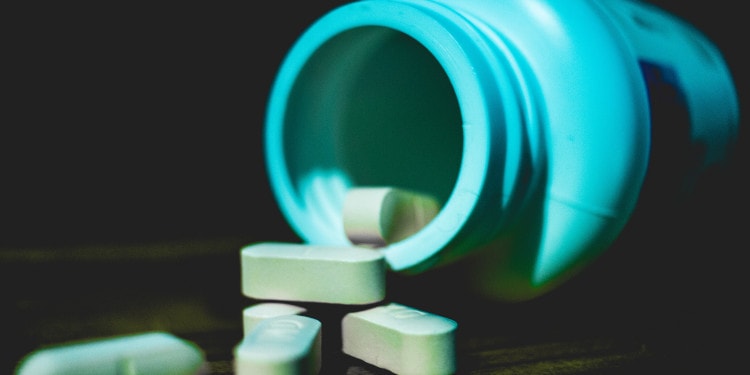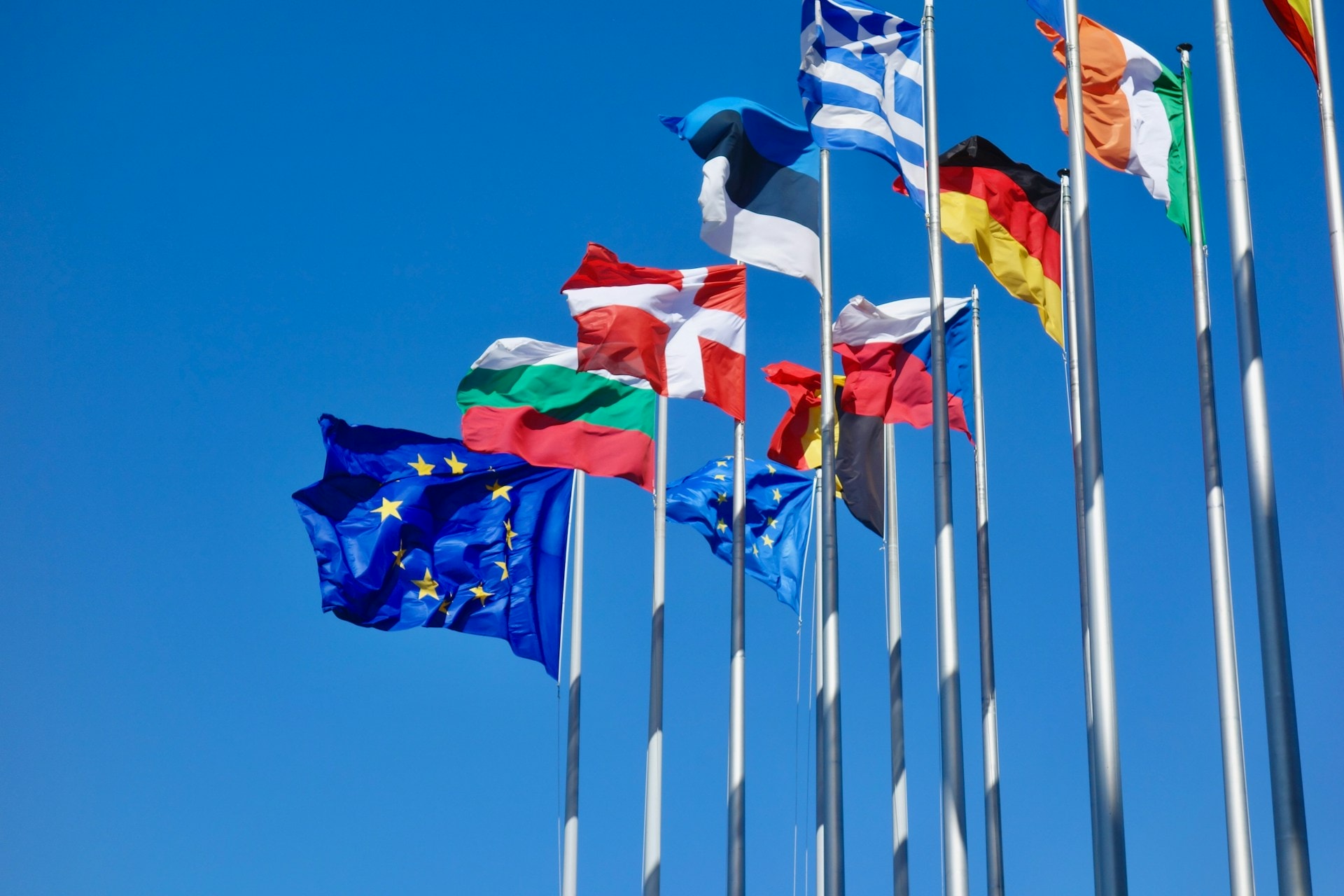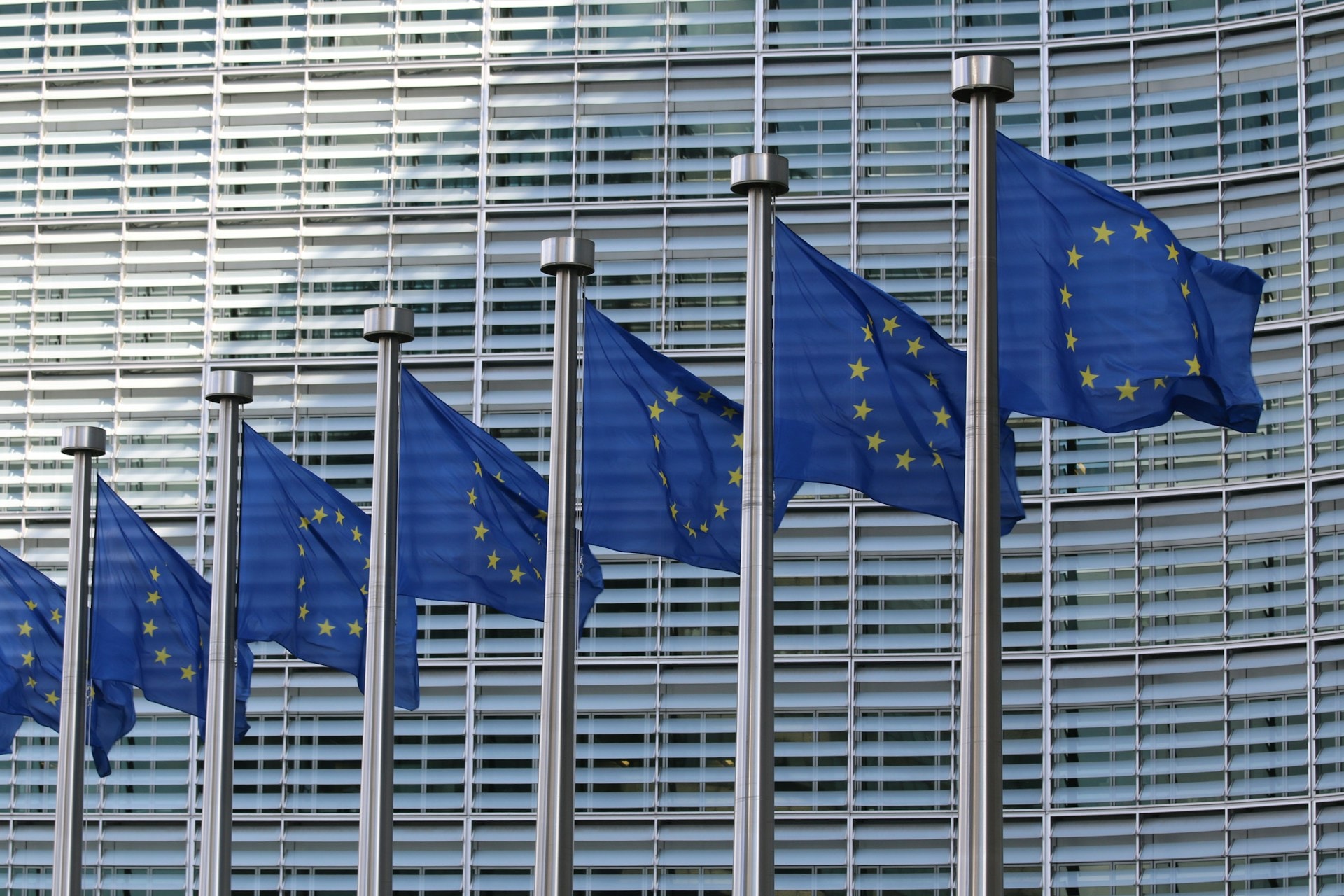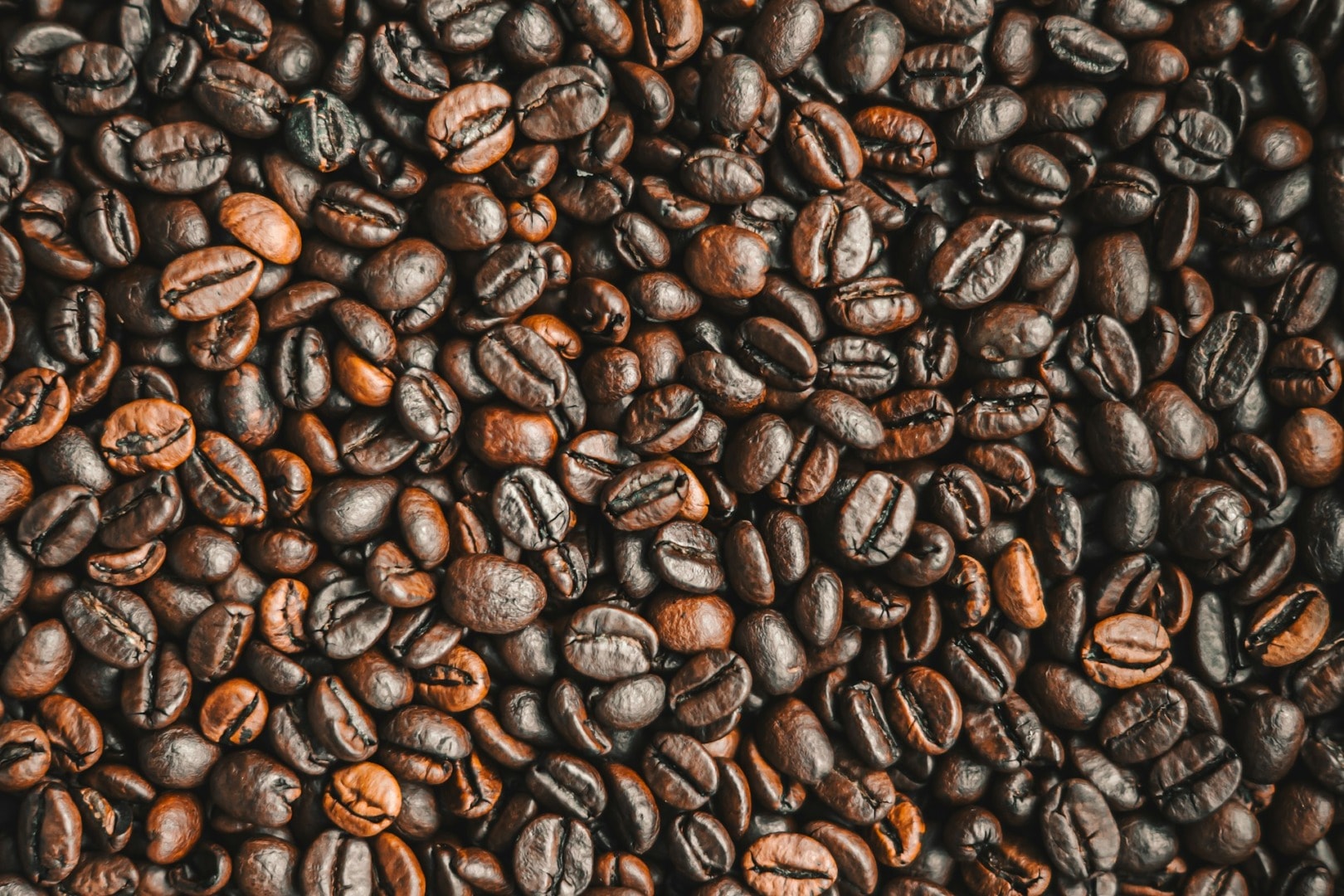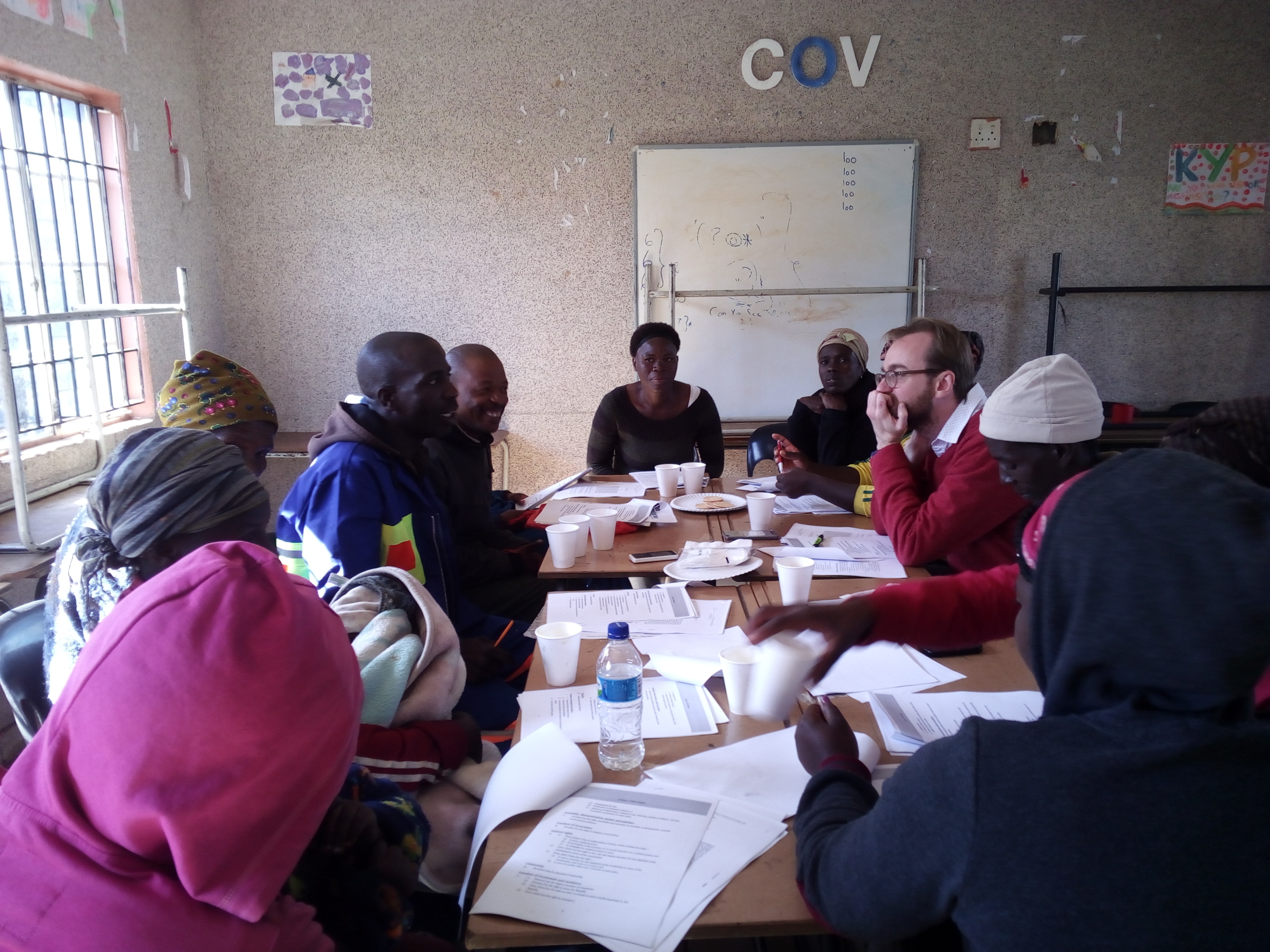Modern medicine has helped make many diseases and scourges of the past far less threatening than ever before, enabling human health and standards of living to rise across the board. Traditional viruses and diseases like smallpox and polio have been either eradicated or significantly tamed, and many other afflictions that once spelled disaster are under attack as well.
Unfortunately for many across the world, the rise of modern medicine has led to the rise of modern counterfeits, made to take advantage of people’s fear and desperation. While figures are hard to come by, the CDCs estimate that between 10-30% of all medications sold in emerging market countries are fakes. Industrialized countries haven’t been completely spared from this trend either, as the increase in global connectivity has allowed more counterfeiters to hawk their fake wares worldwide. But while many people have known about the existence of counterfeits for decades, sifting through which medicines are good and fake has been far more challenging throughout that time. At least, that was the case until Sproxil showed up.
 Born out of a desire to protect consumers and make them more informed about their purchases, Sproxil helps better connect companies with their customers through the use of a scratchable label system. Manufacturers apply labels with unique identifiers on their products, which can then be texted by buyers at the point of sale to verify if they are genuine or counterfeit. Sproxil has also used the label system to develop customer loyalty programs and supply chain analytics systems as the company has grown, underscoring its versatility. I reached out to Dr. Ashifi Gogo, founder and CEO of Sproxil, to learn more about the label system, Sproxil’s suite of products, and its impact on society.
Born out of a desire to protect consumers and make them more informed about their purchases, Sproxil helps better connect companies with their customers through the use of a scratchable label system. Manufacturers apply labels with unique identifiers on their products, which can then be texted by buyers at the point of sale to verify if they are genuine or counterfeit. Sproxil has also used the label system to develop customer loyalty programs and supply chain analytics systems as the company has grown, underscoring its versatility. I reached out to Dr. Ashifi Gogo, founder and CEO of Sproxil, to learn more about the label system, Sproxil’s suite of products, and its impact on society.
What was the original inspiration behind Sproxil?
Ashifi Gogo: Sproxil stemmed from efforts to put unique codes on products in the organic produce industry. After discovering that consumers generally trusted organic produce retailers, a decision was taken to pursue products in situations where there was less trust between seller and buyer: pharmaceuticals in emerging markets. We subsequently launched in Nigeria in 2010, and have been growing ever since.
The initial idea was to use unique identifiers to help consumers know the origin of the organic produce they are buying. At the time there was produce at grocery stores that was being marketed as organic but wasn’t truly organic. However, we were finding it difficult to get consumers to take action to authenticate at the point of purchase. What we learned from that was that the products needed to have more urgent uses and greater consequences if found to be counterfeit, to get people to buy in.
Sproxil relies on a system of unique label codes placed by the manufacturer. What is the typical process like for convincing a manufacturer to start using your labels?
AG: Counterfeiting is a billion dollar industry that has infiltrated nearly every sector. Many of our clients understand the risks associated with counterfeiting and want to protect their consumers and their brand. We typically seek similar alignment with prospective clients through our industry events, and have subsequent in-depth conversations with brand owners where we can showcase the detailed insights they can access on our platform. Typically, once prospective clients understand the power of having real-time data on the product’s performance from its verifications volume, and the impact that has on their overall marketing strategy, the decision to sign up is straightforward.
 In the Photo: Medicine being verified using a Sproxil label. Photo Credit: Sproxil.
In the Photo: Medicine being verified using a Sproxil label. Photo Credit: Sproxil.
While Sproxil was originally used to combat counterfeit medications, it’s now been scaled for use in things like loyalty programs and supply chain oversight. How has that transition been?
AG: It was more of a natural expansion than a transition. The Sproxil Defender is the flagship mobile product verification solution that is favored and in some cases mandatory for the pharmaceutical manufacturers. However, shortly after we began operations, we realized there was another group of clients; those who needed to fight counterfeiting discreetly by aligning their anti-counterfeiting efforts with their marketing strategy. There were also manufacturers who just wanted to run loyalty programs to boost sales. This led to the development of Sproxil Champion; a loyalty reward solution with built-in fraud protection so that brand owners only reward consumers who buy original products, giving consumers even more of an incentive to verify their goods. Then of course, we needed a solution that could help brands monitor products at every step right from the factory, and plug leaks in their supply chain, which is why we created Sproxil Informer. Consumers have won over $4m in prizes thanks to Sproxil Champion, including a taxi driver who won a Mercedes-Benz after buying a genuine battery!
 In the Photo: Customers verifying medications at a pharmacy. Photo Credit: Sproxil.
In the Photo: Customers verifying medications at a pharmacy. Photo Credit: Sproxil.
What kind of impact has Sproxil had on people’s lives? Have you been able to quantify it?
AG: Earlier this year, we surpassed the 50 million mark; meaning that over 50 million times consumers across three continents have been able to communicate with the manufacturers of the products they want to buy, confirm their authenticity, and sometimes get rewarded as well. It’s the highest recorded number of such interactions processed, and we’re quite proud of it.
What does the future of Sproxil look like in your eyes?
AG: We continue to invest in innovation, and have a number of new products being developed. We have seen very strong uptake of Sproxil Champion, opening up new opportunities for us in different industries. We will continue to work with authentic brands around the world to protect consumers and lock out counterfeiters from the value chain.
RELATED ARTICLES
Empty Trips is moving Africa – An interview with Benji Coetzee
Stimulating Innovation and Partnerships With Africa’s Trust Fund
A Clean Act: An Interview with David Auerbach


